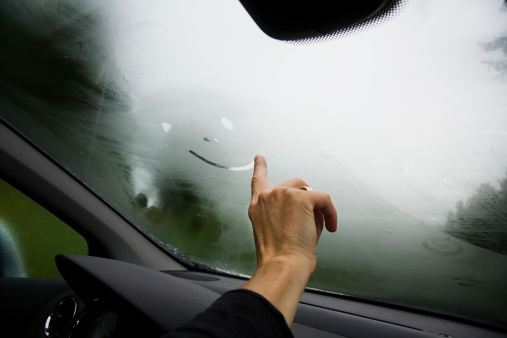NPR has apparently found a very sturdy drum and they’ve been beating it night & day. This Morning’s Edition:
President Obama’s approach to domestic oil drilling has shifted over this year. Taken together, those shifts have managed to anger just about everyone in the oil drilling debate at one time or another.
Great. 100% chance of this, right? What an excellent, safe, can’t miss, no interest news story. Dog bites dog. We’ll trot out an oil industry shill and an officer of the Sierra Club and they’ll light up the night with worry. Think I’m kidding?
“It’s risky, it’s dangerous, and there’s a better way to meet America’s energy needs than to engage in a set of activities that are proven to be unsafe,” says Michael Brune, executive director of the Sierra Club.
…
“Why six months? What does that mean?” asks Rayola Dougher, a senior economic adviser for the American Petroleum Institute.
Well, Rayola, part of what it means, if you must know, is that we’ll call off all drilling for six months and try to find out WTF happened to make all the shellfish have a sad when all they were doing was preparing to become food. It (the story) trudges on and on.
But then, this evening, they were striking up the band again. I mean, I only have a ten-minute drive both ways. This time it was workers from the oil industry, including medical personnel living along the Gulf who treat injured workers. It seems that they are all for not having another accident in the Gulf, and even understand some the malformations the industry itself has performed on the wetlands guarding the land and sea from each other. But
The uncertainty has rippled through the oil services industry, and puts some workers in a difficult position as they consider what the moratorium can achieve.
Lavonne Martin of Baton Rouge works for a company that provides offshore medical care.
“As an environmentalist, as a fisherman, as someone who loves our Louisiana coast, I understand it. … However, as somebody who, you know, makes a living working in the oil industry, I’m very concerned about it and what the future … economic impact may be,” Martin says.
The environment and all that… becomes a blur when connected to livelihoods through the paycheck, especially for those so close to the action. There is truth to this and it is painful and complex – the withering of a way of life, and specifically the means for powering it but not just that, is very difficult to separate from the idea that life will continue. Much less how it will. There are no poetic terms for this, not at first. These are only the first hard questions. But the reporting seems to still hold the outcome in the balance, to still pull for business and people who depend on a paycheck (!) to prevail, as if we can sustain a way of life that is being destroyed by our efforts to sustain a way of life. It’s that or nothing so that it must be.
And the preoccupation with uncertainty is… certainly curious. We’ve come to absolutely depend upon some outlandish by its very premise level of confidence in what to expect – or else panic sets in. This type of caution, need for guarantees, this quest for certainty, especially with regard to large scale endeavors, leads eventually in all the wrong directions.
Maybe we should actually embrace uncertainty for a while. Maybe it could mean many of these same people would be as loyal to and hardworking for schemes that weren’t concentrated on a dwindling resource. Who can be sure?


